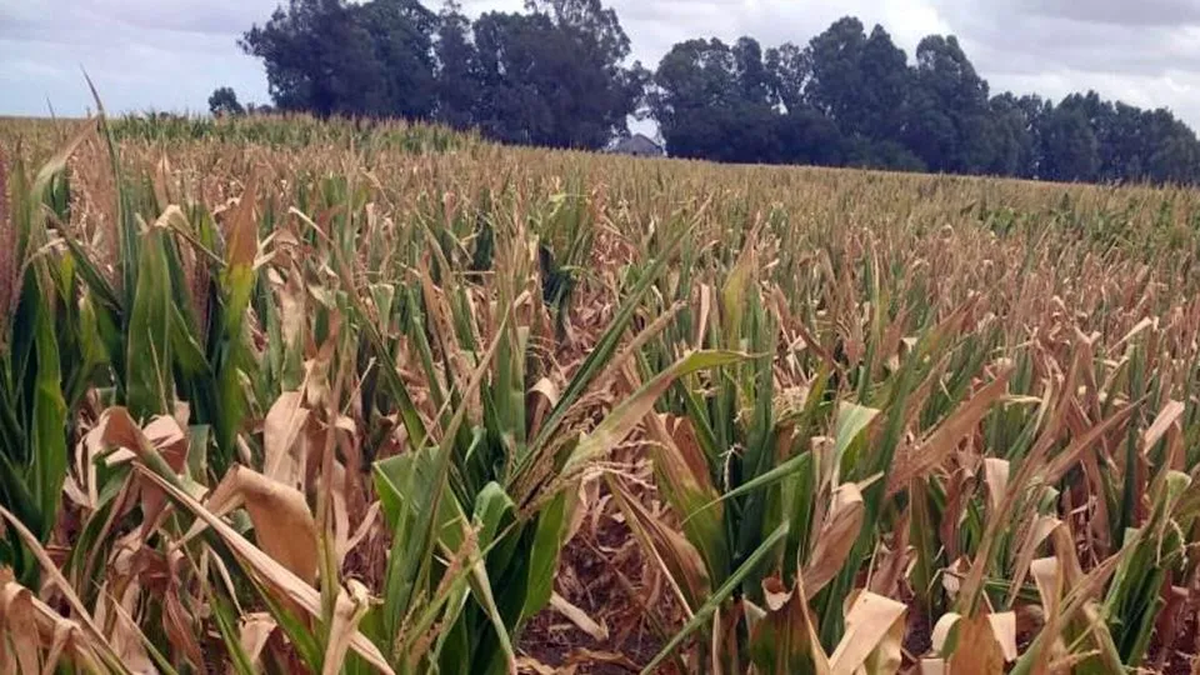Agriculture is groaning under high feed and fertilizer prices, not least because of the Ukraine war. But: The organic sector sees itself in a comparatively good position. Does that help the paragraph?
Organic farming in Germany sees itself only marginally affected by the shortage of fodder due to the Ukraine war.
“In terms of feed, the dependency on imported goods is generally significantly lower than in conventional agriculture,” said Peter Röhrig, Managing Director of the Federal Organic Food Industry (BÖLW) in Berlin. While a very large part of protein feed is imported in conventional agriculture, the dependence on such imports in organic farms is significantly lower because in organic farming a large part of the feed required is grown on their own land, especially in association farms, said Röhrig.
Organic farming more resilient
This was also confirmed by Gerald Wehde, Head of Agricultural Policy and Communication at the Bioland Association in Mainz. Organic farming according to Bioland guidelines is more crisis-proof than other forms of agriculture. The reason is the high degree of self-sufficiency due to the circular economy and area-bound animal husbandry. Organic feed grain and organic corn from the Ukraine played no role.
Due to the lower dependency on animal feed imports, the fact that mineral fertilizers have become very expensive, and due to often longer-term contracts, organic products are sometimes hardly more expensive than conventional products, said BÖLW Managing Director Röhrig. However, the organic farms suffered from the high energy prices just like the conventional farms.
“Due to the reduced supply in the conventional area, there is also increased use of the organic market, which puts it under pressure,” said Bioland expert Wehde. Organic farms would also feel this, especially in the form of more expensive goods.
Companies in northern Germany are more likely to be affected
Dependencies on feed deliveries from Ukraine in the organic sector are stronger in northern Germany, said Röhrig. “Here, farms are particularly affected that have only recently converted their conventional animal husbandry to organic without having their own sufficient feed base,” said Röhrig. Normally, in the organic sector, feed production and animal husbandry would have to be developed hand in hand. There are also feed mills that have made themselves too dependent on Ukraine for their supply contracts.
In general, goods are arriving again from Ukraine, said Röhrig. At the same time, there are production changes in the food sector due to the Ukraine war. This can be seen on the market for non-GMO animal feed, where the availability of goods has recently improved significantly. Before the Ukraine war, GMO-free feed was also used for goods that were not expressly labeled as GMO-free. Because of the scarcity, this was changed, which also improved availability.
Organic farms cannot avoid price increases either, but these are relatively small compared to the conventional sector, says Bioland expert Wehde: “This situation can lead to the price difference between conventional foods and organic foods narrowing and thus even positively be for organic sales.»
Source: Stern
Jane Stock is a technology author, who has written for 24 Hours World. She writes about the latest in technology news and trends, and is always on the lookout for new and innovative ways to improve his audience’s experience.




